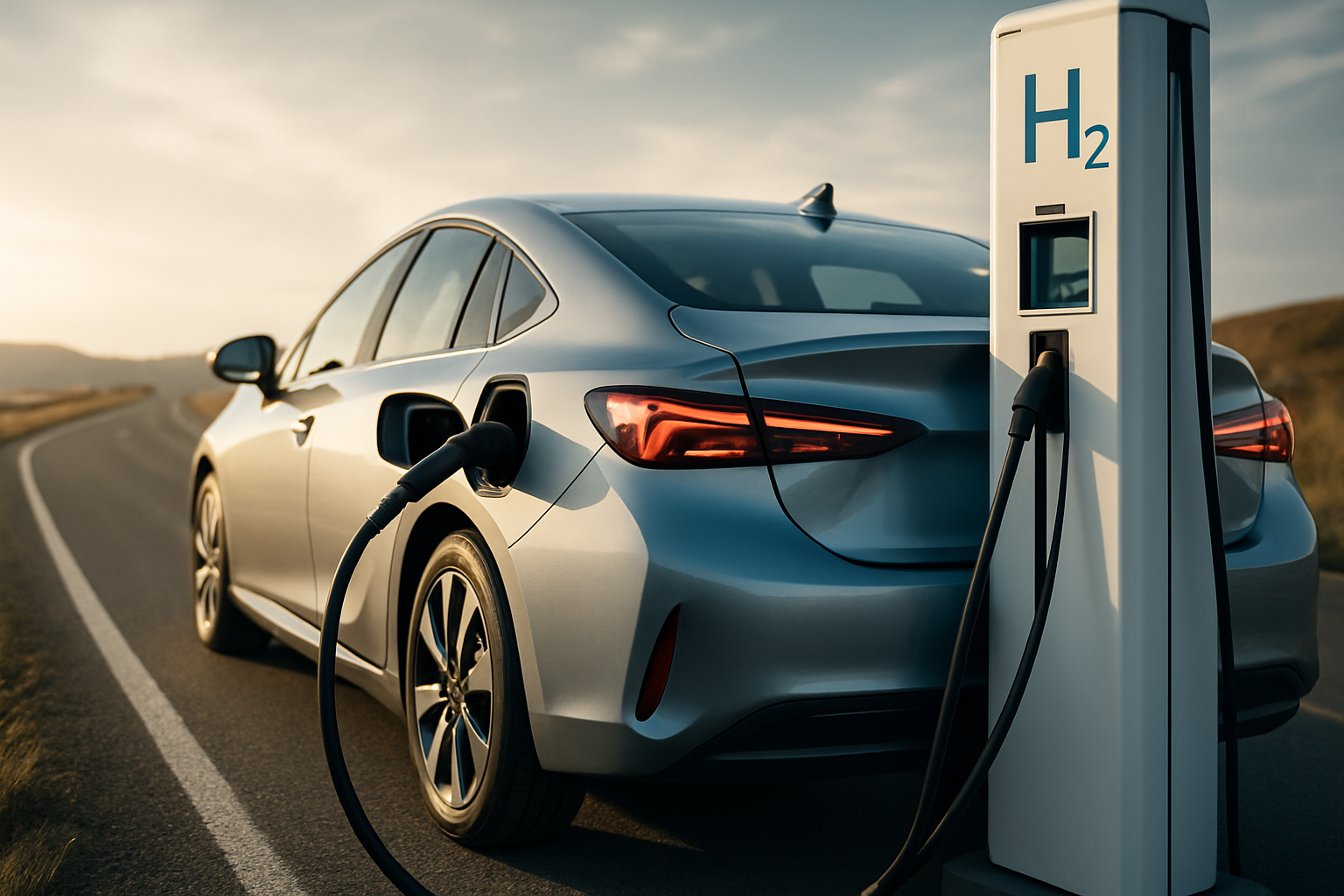Why Electric Cars Are Quietly Taking Over Switzerland — And What Swiss Drivers Should Know in 2026
Switzerland's electric vehicle revolution is accelerating faster than many realize, with Swiss drivers increasingly choosing EVs for their mountain roads and urban commutes. From generous government incentives to expanding charging infrastructure, the Alpine nation is creating ideal conditions for electric mobility. Understanding the costs, benefits, and practical considerations of electric cars in Switzerland can help drivers make informed decisions about joining this growing movement toward sustainable transportation.

Switzerland’s automotive landscape is experiencing a silent transformation as electric vehicles gain unprecedented momentum across the country. While traditional combustion engines dominated Swiss roads for decades, a combination of environmental awareness, technological advancement, and supportive policies is reshaping how Swiss drivers approach vehicle ownership.
EVs Perform Better in Switzerland Than Many People Assume
Contrary to common misconceptions about electric vehicles in mountainous terrain, Switzerland’s geography actually favors EV performance in several ways. The country’s well-maintained road infrastructure and moderate driving distances make electric cars highly practical for daily use. Swiss drivers typically cover shorter distances compared to other European countries, with most daily commutes falling well within modern EV ranges.
The regenerative braking technology in electric vehicles proves particularly advantageous on Switzerland’s mountainous roads. Descending from Alpine passes actually helps recharge the battery, extending range and improving overall efficiency. Winter performance, while requiring some adjustment, has improved significantly with newer battery technologies and thermal management systems.
How Does Switzerland Support Electric Car Buyers
The Swiss government and cantonal authorities have implemented various incentives to encourage electric vehicle adoption. Many cantons offer purchase subsidies ranging from CHF 3,000 to CHF 5,000 for new electric vehicles, while some municipalities provide additional local incentives. Tax benefits include reduced or eliminated motor vehicle taxes for electric cars in most cantons.
Charging infrastructure development receives substantial public investment, with Switzerland targeting comprehensive coverage across urban and rural areas. The country’s commitment to renewable energy sources means that electric vehicles charged in Switzerland have a significantly lower carbon footprint compared to many other nations. Public charging stations are rapidly expanding, with major highways featuring fast-charging networks every 20-30 kilometers.
Ideal Electric Car Models for Swiss Drivers
Swiss driving conditions favor electric vehicles with robust all-wheel-drive systems and adequate ground clearance for winter conditions. Popular models among Swiss consumers include vehicles that balance range, performance, and practicality for both city driving and mountain excursions.
Compact and mid-size electric SUVs have gained particular popularity due to their versatility in Swiss terrain. These vehicles typically offer 300-500 kilometers of range, sufficient for most Swiss travel needs while providing the confidence needed for mountain driving. Luxury electric vehicles also find strong demand among Swiss buyers who value premium features and extended range capabilities.
How to Compare Electric Car Costs in Switzerland
Understanding the total cost of ownership for electric vehicles in Switzerland requires examining multiple factors beyond the initial purchase price. While electric cars often carry higher upfront costs, operational savings can be substantial over the vehicle’s lifetime.
| Vehicle Type | Price Range (CHF) | Annual Operating Cost (CHF) |
|---|---|---|
| Compact Electric | 25,000 - 40,000 | 1,200 - 1,800 |
| Mid-size Electric SUV | 45,000 - 70,000 | 1,500 - 2,200 |
| Luxury Electric | 70,000 - 120,000 | 2,000 - 3,000 |
| Comparable Gasoline | 20,000 - 100,000 | 2,500 - 4,500 |
Prices, rates, or cost estimates mentioned in this article are based on the latest available information but may change over time. Independent research is advised before making financial decisions.
Electricity costs in Switzerland average around CHF 0.20 per kWh, making electric vehicle charging significantly cheaper than gasoline. Maintenance costs for electric vehicles are typically 30-50% lower than conventional cars due to fewer moving parts and reduced wear on brake systems. Insurance costs may vary, but many insurers offer discounts for electric vehicles due to their advanced safety features.
Final Takeaway: The Swiss EV Era Has Already Begun
Switzerland’s electric vehicle adoption represents more than a trend—it reflects a fundamental shift toward sustainable mobility that aligns with the country’s environmental values and practical transportation needs. The combination of supportive policies, improving technology, and growing charging infrastructure creates favorable conditions for electric vehicle ownership.
Swiss drivers considering electric vehicles can expect continued improvements in range, charging speed, and model variety. The country’s commitment to renewable energy and environmental protection suggests that electric vehicle adoption will only accelerate in the coming years. For many Swiss households, the question is no longer whether to consider an electric vehicle, but rather which model best suits their specific needs and budget. The quiet revolution is well underway, transforming Swiss roads one electric kilometer at a time.




